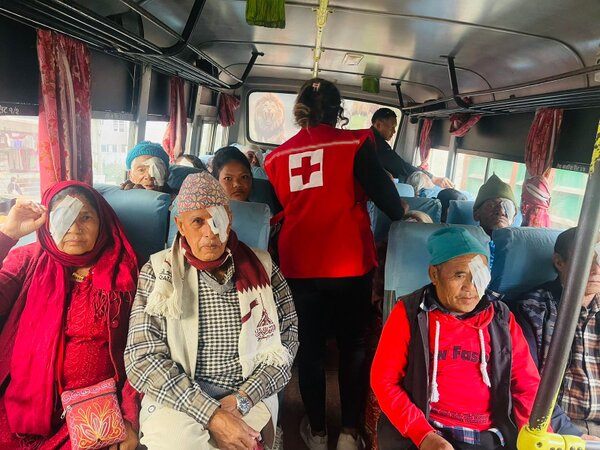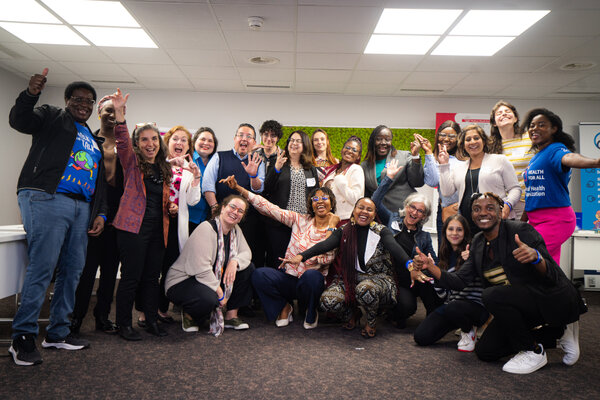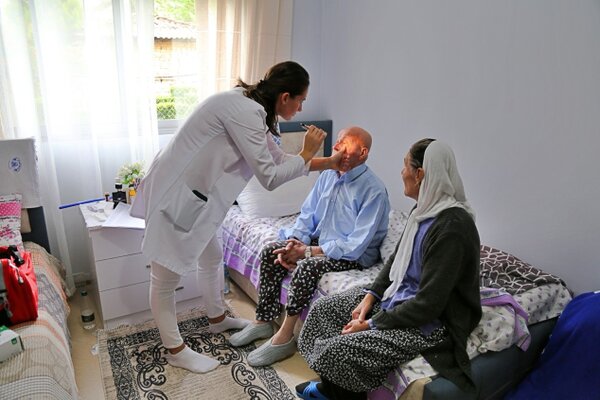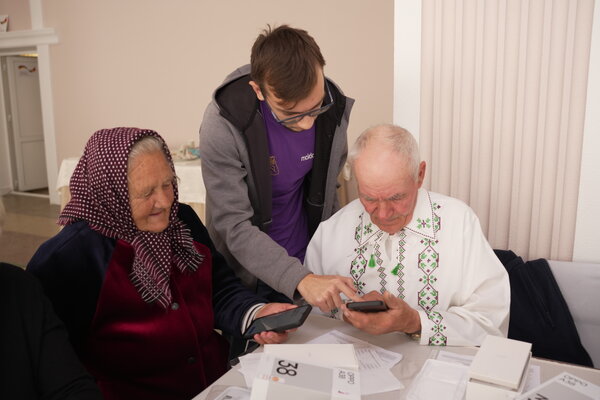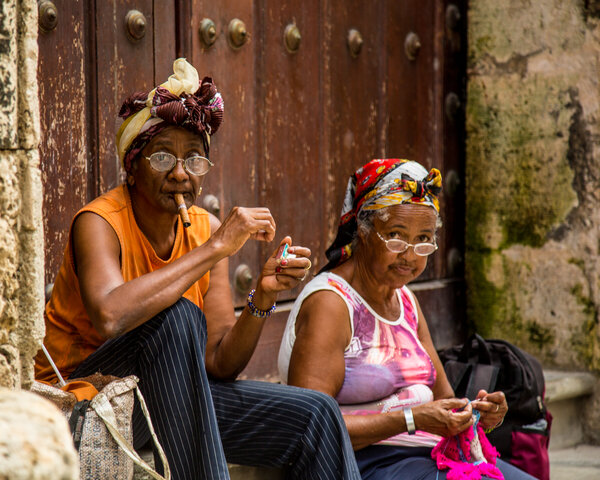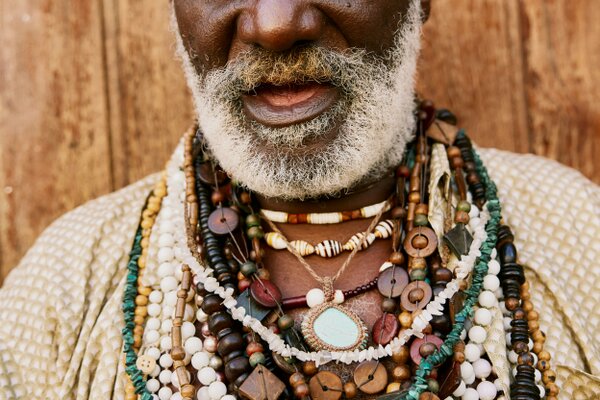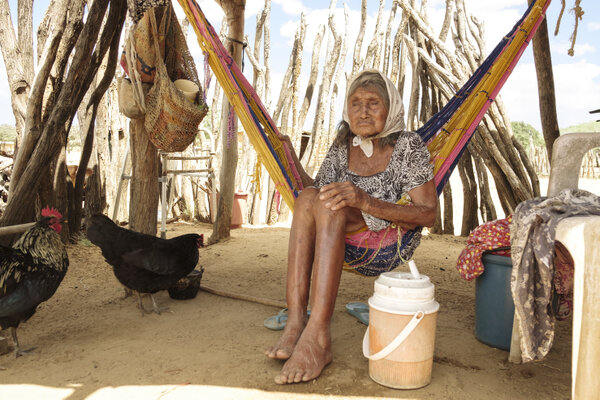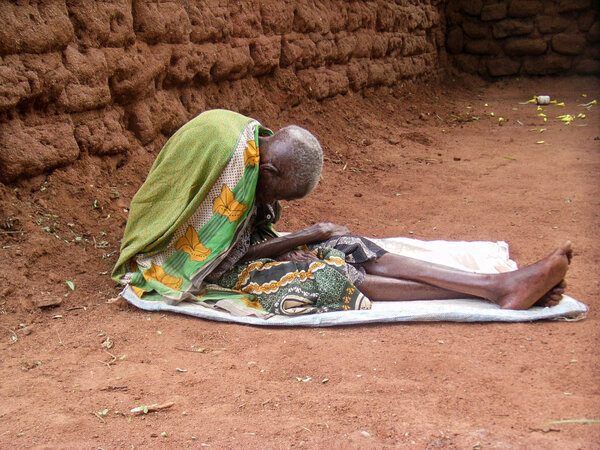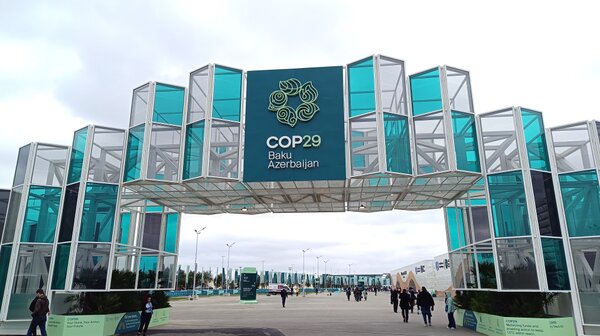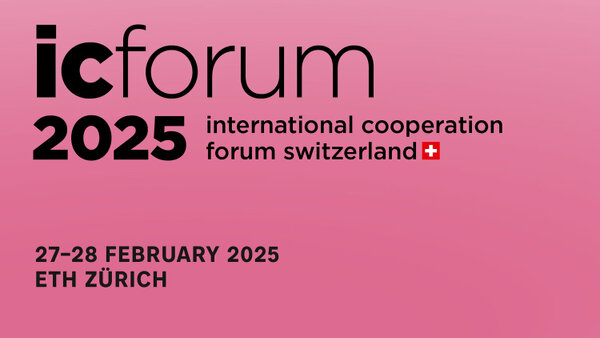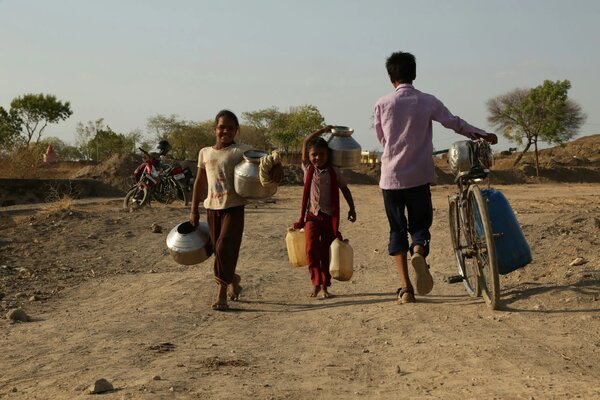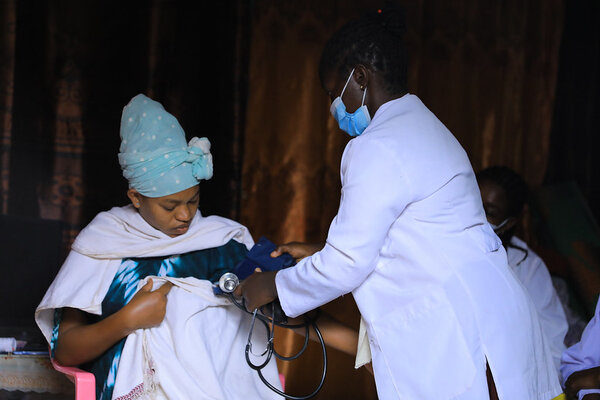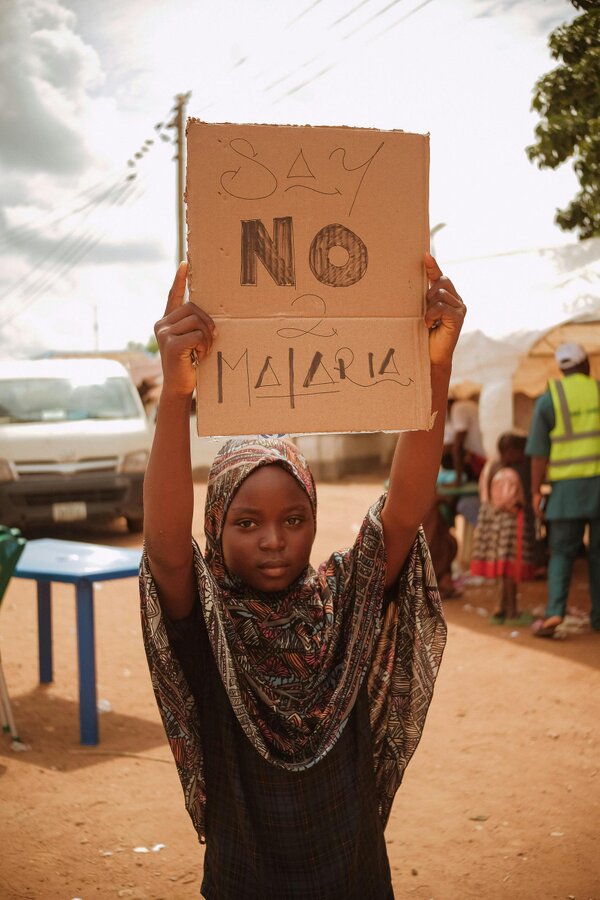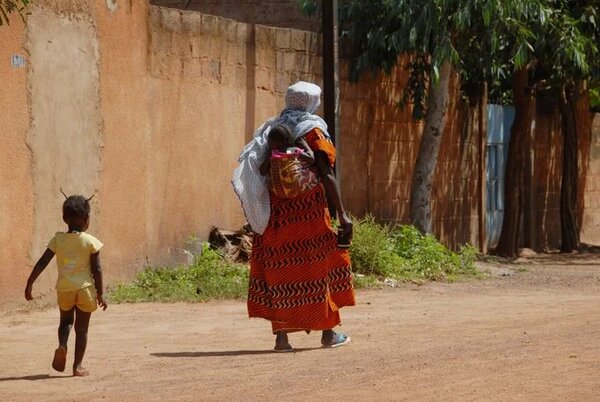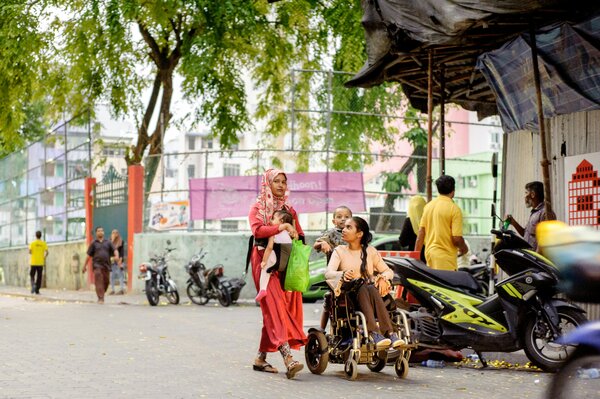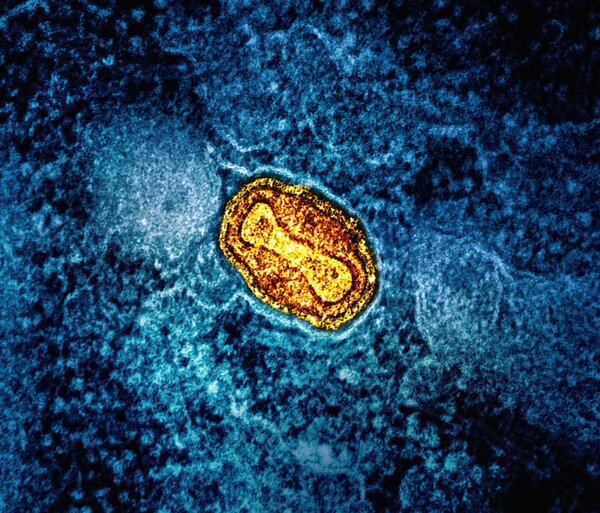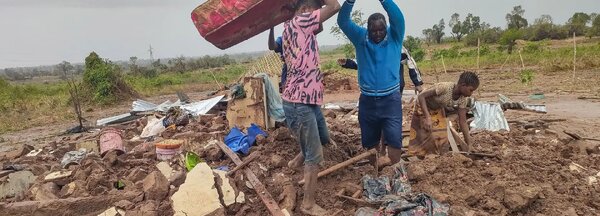MMS Bulletin #171
Décembre 2024
Climate and Health in Focus: Major Developments from COP29
Summary of the 29th Conference of the Parties (COP29), held in Baku, Azerbaijan, from 11-22 November 2024
The 2024 Lancet Countdown report warned of escalating climate-related health threats, with 10 of 15 tracked indicators hitting record levels (The Lancet, 2024). According to the report, in 2023, people endured 50 extra days of dangerous heat annually, while nearly half the world faced severe drought, heightening food insecurity for 151 million more people. Global temperatures reached 1.45°C above pre-industrial levels, nearing the Paris Agreement's 1.5°C limit. Despite clean energy solutions, continued fossil fuel investments worsen health risks. The report urged immediate action to redirect funds towards sustainable solutions and emphasized the need for a rapid, equitable transition to net-zero emissions to protect lives and livelihoods. In this background, all eyes were on the 29th Conference of the Parties (COP29), held in Baku, Azerbaijan, from 11-22 November 2024. Delegates, officials, and health professionals gathered at health pavilion, special events and negotiation sessions to discuss climate change's serious health consequences and plan coordinated responses.
Weiterlesen

 Seefeldstr. 219
Seefeldstr. 219

